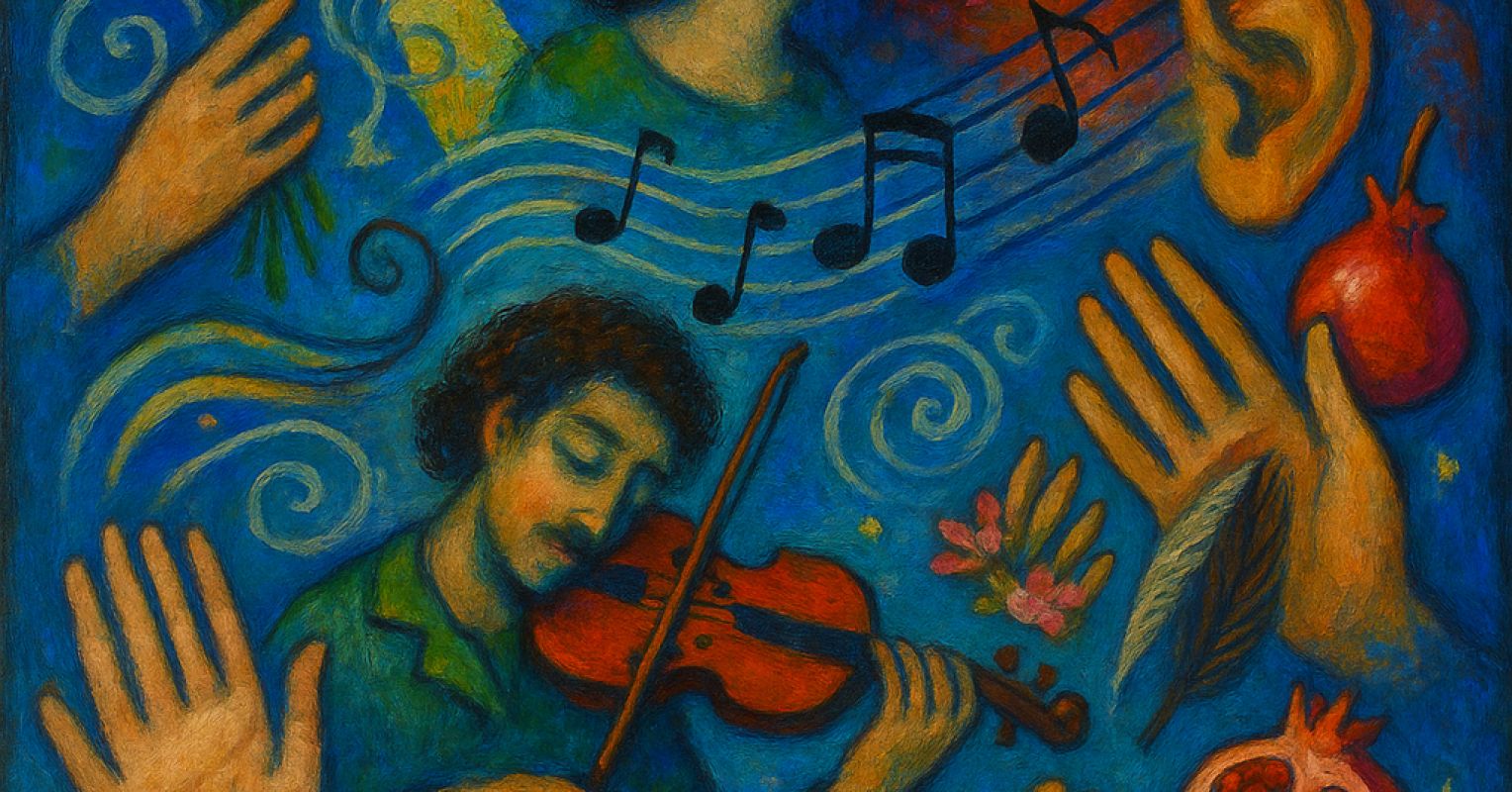
"You're at home, coffee in hand, scrolling through your personalized news brief. "SophAI," you say casually, "check the fridge and order what's missing." Your AI assistant responds instantly - warm, efficient, endlessly patient. It praises your choices, anticipates your needs, and never judges. SophAI is always there, always helpful, always agreeable. It feels good. Maybe too good. This is happening now."
"Over recent weeks, a series of announcements have quietly entered our news feeds. Individually, they look like incremental updates to the AI revolution that began with ChatGPT's launch in November 2022. But string them together and you see something bigger: We're approaching a world in which AI doesn't just respond to text; it sees, hears, tastes, smells, and acts autonomously in both digital and physical spaces."
"AI systems can now identify flavors and textures, essentially giving machines a sense of taste and touch. But it gets stranger. AI has begun to mirror the cross-modal sensory associations that humans experience-the way we describe a sound as "bright" or a flavor as "sharp." Studies show that AI systems exhibit the same cross-cultural patterns we do, associating certain colors with specific sounds, or particular tastes with certain shapes."
"Meanwhile, Microsoft has announced plans to transform every Windows 11 computer into an "AI PC" with Copilot-an assistant that can see your screen, listen to your voice, and execute actions both within your device and beyond it. And with advanced AI video generation, we've entered an era when seeing is no longer believing. What appears on your screen may never have happened."
AI systems now detect flavors and textures, creating machine senses of taste and touch, and mirror human cross-modal sensory associations by linking colors, sounds, and shapes. Major platforms plan ubiquitous assistants with vision, listening, and action capabilities across devices and environments. Advanced AI video generation erodes the link between seeing and truth by producing convincing fabricated footage. Human users increasingly offload cognitive tasks to AI and report reduced confidence in their own thinking and writing. The convergence of sensory AI, pervasive assistants, and synthetic media raises risks to trust, autonomy, perception, and social norms.
Read at Psychology Today
Unable to calculate read time
Collection
[
|
...
]